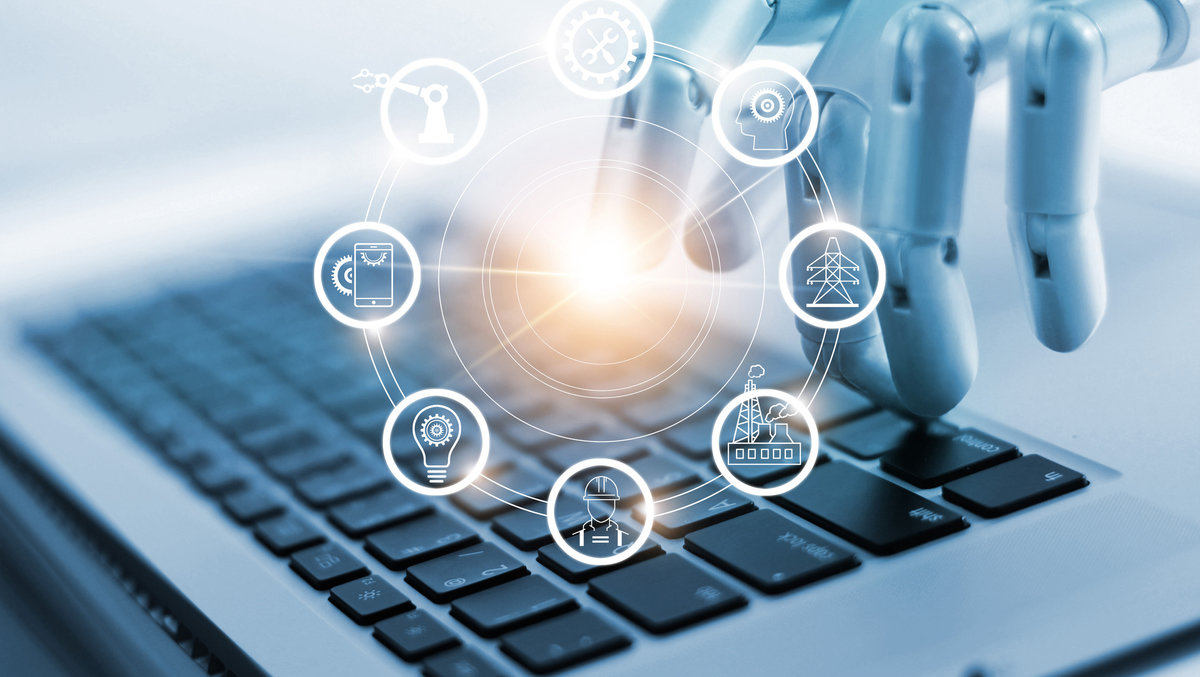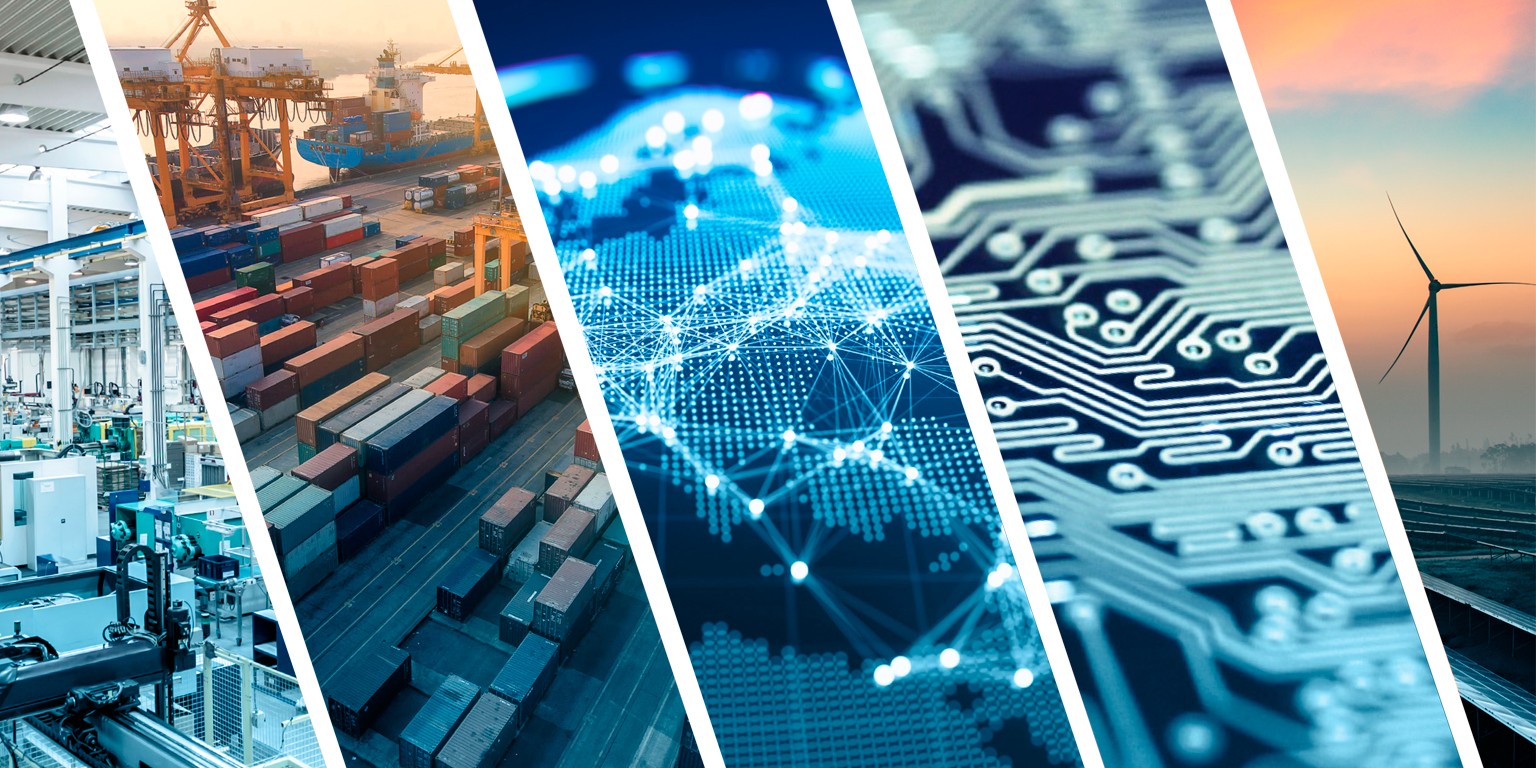The Power of Technology – Changing Lives Worldwide

Advancements in technology have ushered humanity from the realm of science fiction into an era of reality, where the boundaries of possibility continue to expand at an unprecedented pace. These developments have transformed the way we live, work, and interact with the world around us. One of the most notable areas of progress lies in the field of artificial intelligence AI. Once a staple of futuristic novels and films, AI is now an integral part of our daily lives. From virtual personal assistants like Siri and Alexa to self-driving cars and advanced healthcare diagnostics, AI has made significant strides in understanding and mimicking human intelligence. Deep learning, a subset of AI, has enabled machines to process vast amounts of data, leading to breakthroughs in fields such as natural language processing, image recognition, and even creative endeavors like art and music generation. Furthermore, the convergence of AI with augmented and virtual reality AR/VR technologies has opened up new dimensions in entertainment, education, and communication. AR overlays digital information onto our physical world, enhancing everything from gaming experiences to remote maintenance and training.

VR immerses users in entirely digital environments, revolutionizing industries like gaming, healthcare, and architecture. These technologies are breaking the barriers of distance and enabling people to connect and collaborate in ways previously unimaginable. The advent of 5G networks has accelerated the connectivity revolution, promising faster and more reliable internet access, making it possible for IoT devices to communicate seamlessly. With billions of interconnected devices, IoT is transforming homes, cities, and industries. Smart homes allow for remote control of appliances, lighting, and security systems, enhancing convenience and energy efficiency. In urban areas, IoT sensors monitor traffic flow, manage waste, and improve public safety. In manufacturing, IoT-driven smart factories optimize production processes and predict maintenance needs, reducing downtime and costs. Biotechnology has also seen remarkable progress, moving us closer to the futuristic world of genetic engineering.
CRISPR-Cas9, a revolutionary gene-editing tool, has the potential to treat genetic disorders and cure diseases previously considered incurable. Scientists are exploring the possibility of modifying human DNA to eliminate hereditary illnesses, paving the way for healthier generations. In the field of medicine, robotic surgery is becoming more common, allowing for precise and minimally invasive procedures. Additionally, 3D printing is revolutionizing healthcare by producing custom implants, prosthetics, and even human tissues and organs. Space exploration, a staple of science fiction, has become a reality with advancements in rocket technology and the emergence of private space companies. SpaceX, Blue Origin, and others are pushing the boundaries of space travel, with the goal of eventually colonizing other planets. This progress not only fuels our curiosity about the cosmos but also has practical implications for Earth, such as satellite-based internet and asteroid mining.

